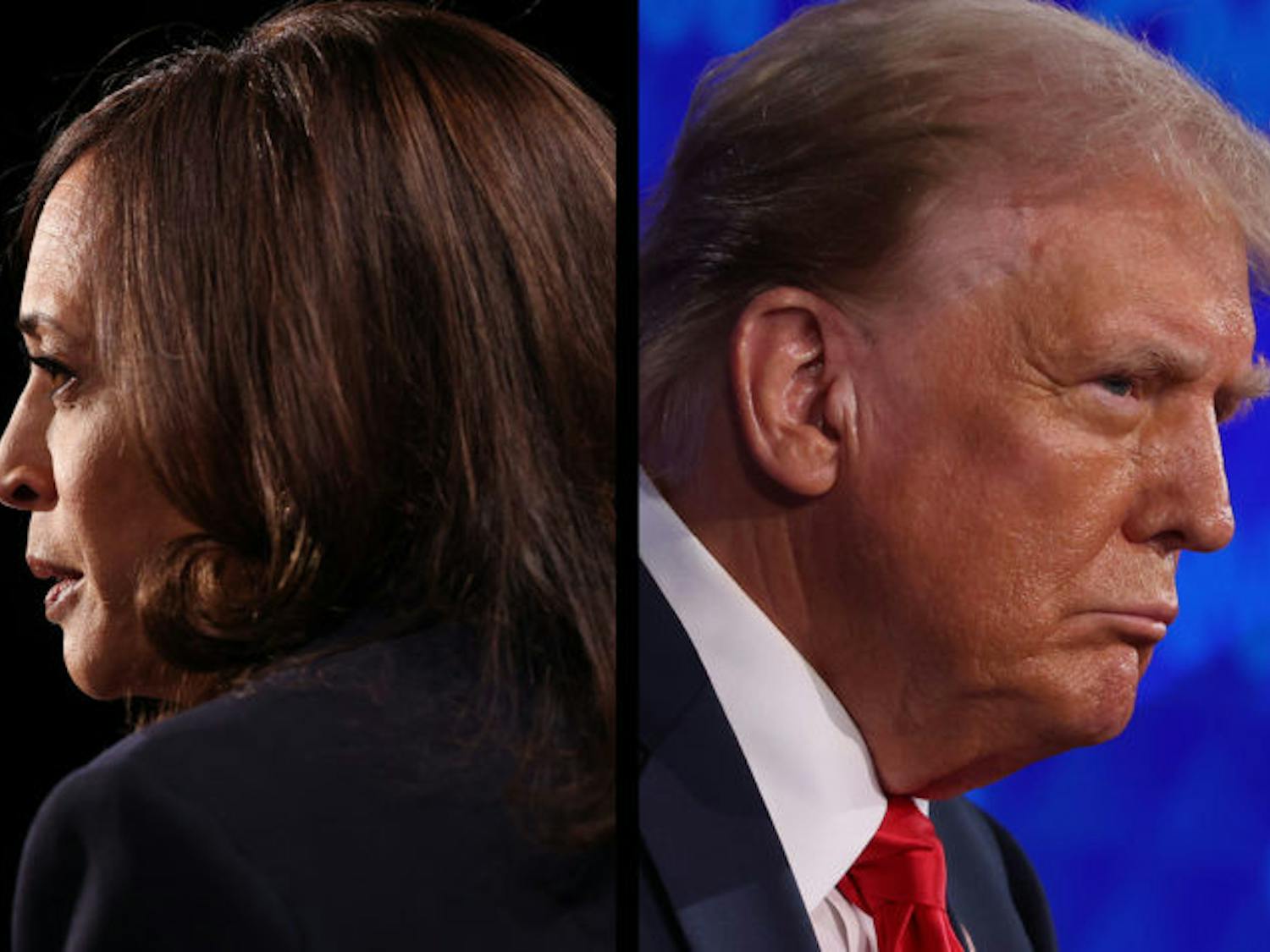At American campuses, there’s a natural source of conflict that is always brought into the public discourse in this never-ending politically correct 21st century of ours, and naturally people would think that this conflict would be active discrimination of a certain social group or class. Fortunately, this isn’t the case: that problem has been nearly eliminated thanks to the Civil Rights Act of 1964. The conflict is really over whether or not a college campus can be inclusive and still protect everyone’s right to Free Speech. Despite the fact that those with Conservative-traditional values are normally targeted by colleges in the suppression of their speech, I argue that the First Amendment trumps, no pun intended, the idea of creating a utopian “inclusive” campus based on legality and ethics.
For the sake of this argument I shall say that if I wanted to go outside on campus and just say out loud that, “marriage is a religious sacrament and therefore in my opinion its only between a man and woman,” it will be protected by the First Amendment and the school and the police can’t do anything to silence me other than having the school say that’s mean and inconsiderate. Let me explain: first, does the government regulation affect speech or conduct?Yes, it does! As I said already, the campus is funded by state and federal governments and therefore—through the process of the 14th Amendment—campuses have to obey the Federal Constitution. Also, it is because the campus is a government entity and by saying that I can’t say that it's a restriction on speech or conduct. Second, if speech is regulated than: A.) what kind of speech is affected? B.) what determines the manner of regulation of Speech?My statement is political and since it’s my own opinion, the campus is engaging in Content/Viewpoint Restrictions which means, that the Strict Scrutiny test must be satisfied. Third, in order to satisfy the Strict Scrutiny test the government must A.) show the regulation serves a compelling state interest; and, B.) it must be narrowly tailored, meaning that the regulation can’t regulate some evil and let the rest be unregulated or regulating both evil and some good. Yes, it’s a compelling state interest to censor my opinion because I may, “create an unaccepting campus” with this viewpoint.
However, the campus’s regulation isn’t narrowly tailored because if my opinion is regulated and if some good speech is regulated—say, “religion has been an early cornerstone in developing a moral compass”—or if some evil isn't regulated like, “marriage doesn’t have to be between a man and a woman #loveislove” it has failed the Strict Scrutiny Test and therefore the campus’s regulation on my speech is unconstitutional: allowing one and not the other makes the lefts counter-argument to mine hypocritical.
People who might be upset with this opinion are entitled to feel that way, and those who feel that way have tried to limit some viewpoints by using the arguments like “it’s hate speech” or “it doesn’t create an inclusive learning environment.” This is a valid opinion that they’re entitled to have and I’m sure there are many LGBT students and couples who see my opinion as hateful, just like I’m sure there are lots of white students who see being called a “cracker” from someone who isn’t white hateful too. No matter what you may think is hateful or non-inclusive, it is still protected by the First Amendment. Two Supreme Court cases that deal with “hate speech” are Matal v. Tam and Snyder v. Phelps. The question in Snyder v. Phelps, according to Oyez.org was, “does the First Amendment protect protesters at a funeral from liability for intentionally inflicting emotional distress on the family of the deceased?” and with a surprising decision of 8-1, Justice Alito dissenting, the answer was “yes—the First Amendment shields those who stage a protest at the funeral of a military service member from liability.” In plain English, the Westboro Baptist Church can say homophobic slurs and chants at a fallen marine’s funeral and can’t be censored or silenced by the police if it’s a peaceful protest. For Matal v. Tam according to Oyez.org the question was, “Is the Disparagement Clause invalid under the First Amendment?” Again, to a surprising ruling 8-0, Justice Gorsuch didn’t participate in the oral arguments nor decision, “The Disparagement Clause prohibits trademarks that disparage the members of a racial or ethnic group and violates the Free Speech Clause of the First Amendment.” In plain English, the Washington Redskins have a First Amendment right to call themselves that even though it may be a racial slur against Native Americans.
The only way that a public university can be an inclusive one and, yet still support free speech, is to only allow social-ethics be the regulation and not the university itself. Professor Britton Morrell put it simply in last week's Free Speech Forum: the only way for “hate speech” to be censored or limited is through society’s values. This means that even though I can Constitutionally refuse to bake a cake for a gay couple, that doesn’t mean there are social consequences that may come from my decision to express my Constitutional Right. This is the only way you can quasi-regulate Free Speech that according to some may be “hate speech” and it’s a big difference of saying that as opposed to using the power of the government, figuratively hold at gunpoint, to silence speech. One, through through brute force via the government which left unchecked could seriously endanger other rights, while the other is social values.







